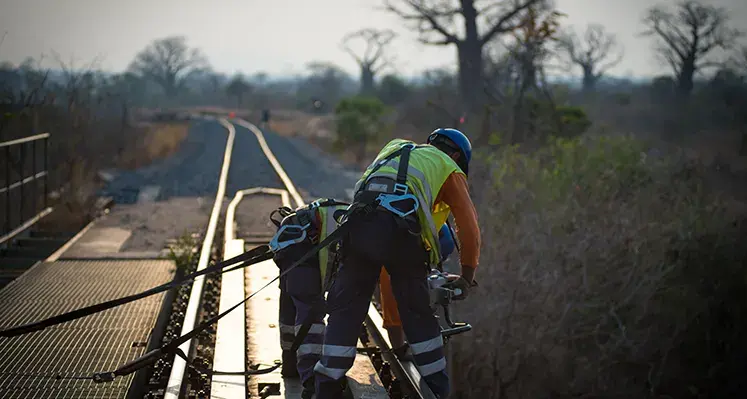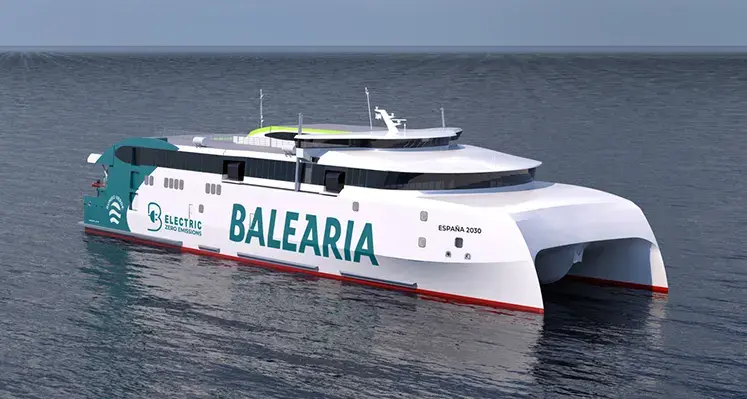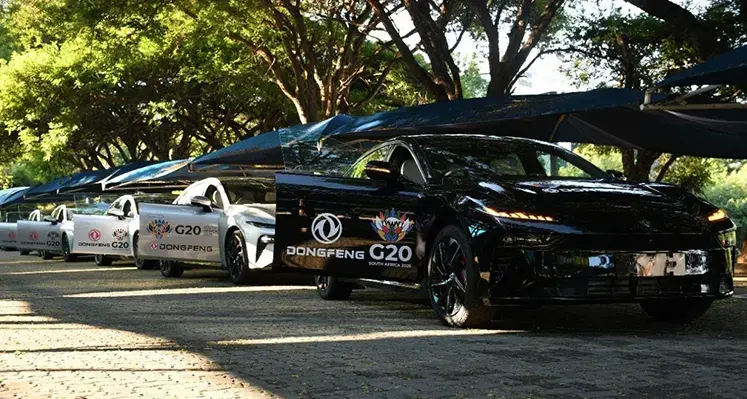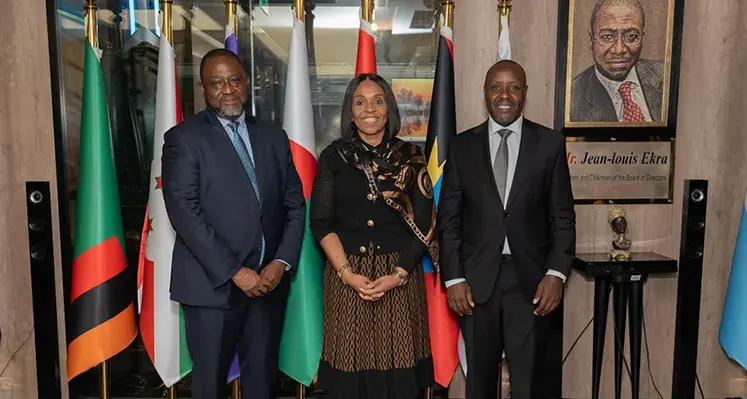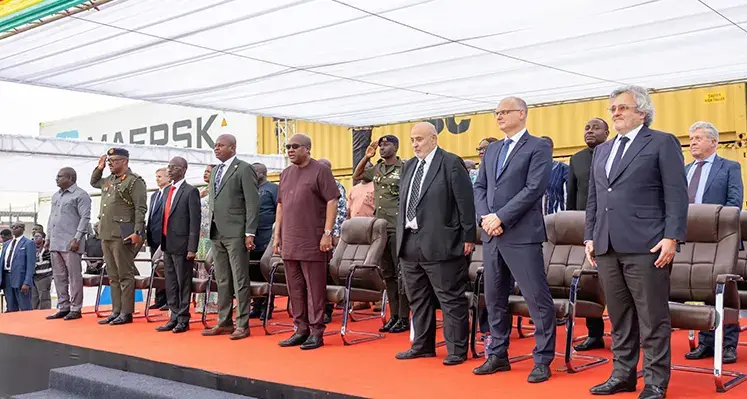Angola’s Lobito Atlantic Railway (LAR) has reached a major milestone after achieving financial close
It follows a crucial loan agreement with the US’ International Development Finance Corporation (DFC) and other partners worth US$753mn that enables the project to proceed.
The loan will enable upgrades to the railway’s track infrastructure, workshops, signalling systems, and rolling stock — enhancing the capacity, efficiency and reliability of the shortest and most direct import-export route between the Copperbelt mining region of the Democratic Republic of Congo (DRC) and international markets via the Atlantic Ocean.
DFC held a signing ceremony in Washington DC to mark the event, noting in a statement that it underscores America’s “commitment to advance strategic infrastructure that promotes regional trade, mutual economic growth, and long-term US-Africa cooperation.”
The loan will support the rehabilitation and operation of the brownfield mineral port in Lobito and an approximately 1,300-kilometre brownfield rail line in Angola running between the Lobito port to Luau on the Angolan border.
DFC’s investment, alongside the Development Bank for Southern Africa (DBSA), is expected to increase Lobito’s transportation capacity ten-fold to 4.6 million metric tons as well as reduce the cost of transporting critical minerals by up to 30%.
“The signing of our loan agreement for the Lobito Atlantic Railway in Angola further characterises President Trump's commitment to forging strong partnerships and alliances in Africa,” said Ben Black, DFC CEO.
“This investment builds on the impactful work DFC is already leading along the corridor, reinforcing its mission to drive sustainable economic growth and strengthen strategic infrastructure.”
Black was accompanied at the signing ceremony by US Assistant Secretary of State for Economic, Energy, and Business Affairs, Caleb Orr and Angola’s Minister of Transportation, Ricardo D’Abreu.
“The signing of this financing agreement between DFC and Lobito Atlantic Railway represents a historic milestone for Angola,” said D’Abre.
“While DFC has previously supported projects in the country, this financing stands out for its unprecedented scale and strategic significance. It sets an important benchmark for other sectors to access capital from American institutions. As the concessionaire of the Lobito Corridor railway and port, LAR plays a vital role in connecting regions and facilitating trade. With this financing, LAR will strengthen its operational capacities, ensuring the railway operates at full potential and contributes to sustained economic growth in Angola and across the broader region.”
Also in attendance were project partners, including DBSA group executive, Mpho Mokwele and Trafigura CEO, Richard Holtum.
“We are pleased that Lobito Atlantic Railway has secured financing from DFC and DBSA to further advance the rehabilitation and operation of the line in Angola. As a shareholder of LAR, we see the railway as a key domestic and regional asset that will drive economic development and support the movement of critical metals to global markets,” said Holtum.
Portuguese engineering contractor, Mota Engil, is also a part of the LAR project group.
Manuel Mota, its deputy CEO, said the signing marked the culmination of a long-term collaboration with Trafigura to advance the Lobito Corridor.
“This strategic agreement will expand transport capacity, reduce transit costs, and open access to the mineral-rich regions of the Democratic Republic of Congo and Zambia,” he said.
“Mota-Engil’s participation underscores its commitment to deliver an infrastructure that supports Angola’s national priorities, economic diversification, and regional connectivity. This strategic financing not only enables further investment in the project but also reinforces confidence in Angola’s institutional capacity to attract interest for world-class infrastructure initiatives.”
The DFC media statement added that Central Africa is “rich in key resources essential to US industries, including minerals critical for technology and defence.”
It added that DFC’s investments will “help secure reliable supply chains and prevent monopolisation by China and other strategic competitors.”
Africa represents the second largest portion of DFC’s portfolio, with cumulative exposure surpassing US$10bn.
Read more:
Africa construction market drives Mota Engil growth







